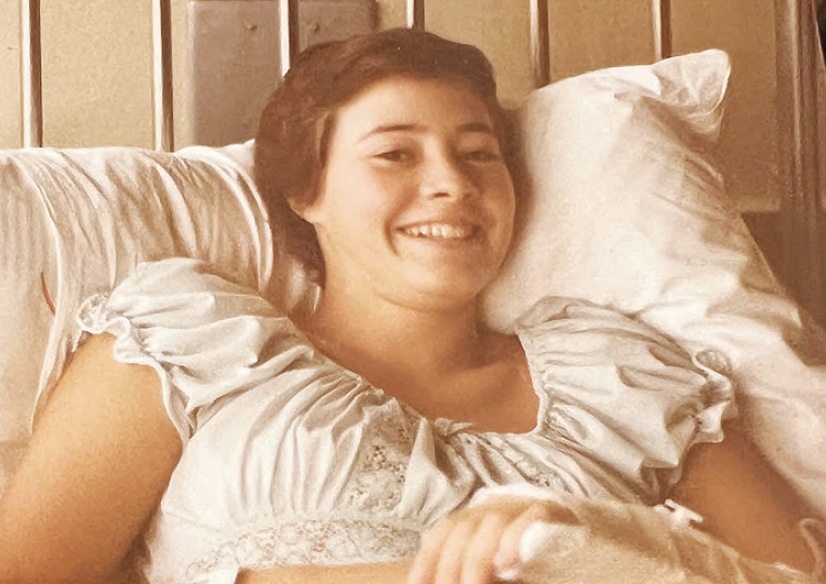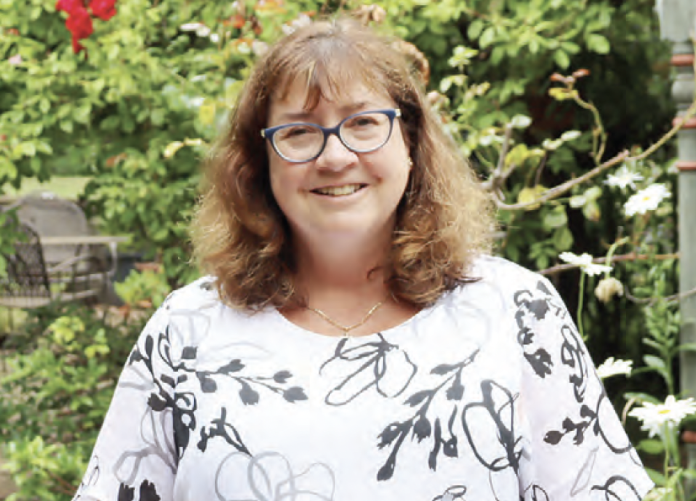A childhood battle with an aggressive form of bone cancer led Ngaire Elwood to a remarkable career in stem cell research.
The Mount Macedon resident of 20 years has now been named a Member of the Order of Australia for her significant service to medicine, in particular to stem cell research and treatment.
Ngaire was just 15 when she was diagnosed with bone cancer.
“It was a shock, I’d just had a sore knee for a few months, but I played a lot of sport so it was just put down to a sporting injury,” she said.
When her knee swelled up suddenly, tests revealed a tumour and Ngaire was told her leg would have to be amputated.
After the amputation, she underwent 18 months of chemotherapy.
Ngaire said osteosarcoma was an aggressive form of bone cancer and without chemotherapy, the tumour would return, giving patients a five per cent survival rate.
“After chemo, the survival rate’s about 60 per cent,” she said.
During her time at the Royal Children’s Hospital, Ngaire witnessed clinical trials being undertaken, and the doctors, scientists and nurses working hard to save children’s lives.
“That really determined that I wanted to work on better ways for treating cancer,” she said.
“The chemotherapy that I had for 18 months was pretty intense, it cured me but it had a lot of side effects, so I was really keen to look at ways of developing better therapies for cancer.”
Ngaire studied pharmacology with a view to working in the pharmaceutical/ biotechnology industry, but an interest in leukaemia and leukaemia stem cells soon developed.
She did her Masters in immunology in London before returning to Melbourne and the Walter and Eliza Hall Institute to do her PhD on genes that cause cancer and the development of leukaemia.
Ngaire worked in a research laboratory at RCH for three years before travelling to the US to undertake post-doctorate studies at Duke University in North Carolina.
She returned to establish the the Leukaemia Stem Cell Research Laboratory at RCH and ran it for seven years, and later became the director of the BMDI Cord Blood Bank at the hospital.
“The bank was set up to recruit mums to donate their umbilical cord blood, which the bank processes and stores,” Ngaire said.
“Cord blood is a really rich source of blood stem cells, and they’re the sort of stem cells that can be used instead of bone marrow for bone marrow transplants in the treatment of leukaemia and other blood disorders.
“We’ve sent out nearly 600 cord blood units to patients across Australia and all over the world.”
Ngaire heads the Cord Blood Stem Cell Research Program at the Murdoch Children’s Research Institute and her research team regularly collaborates in clinical trials to find potential new therapies from cord blood.
She was inducted to the Victorian Honour Roll of Women in 2022.








